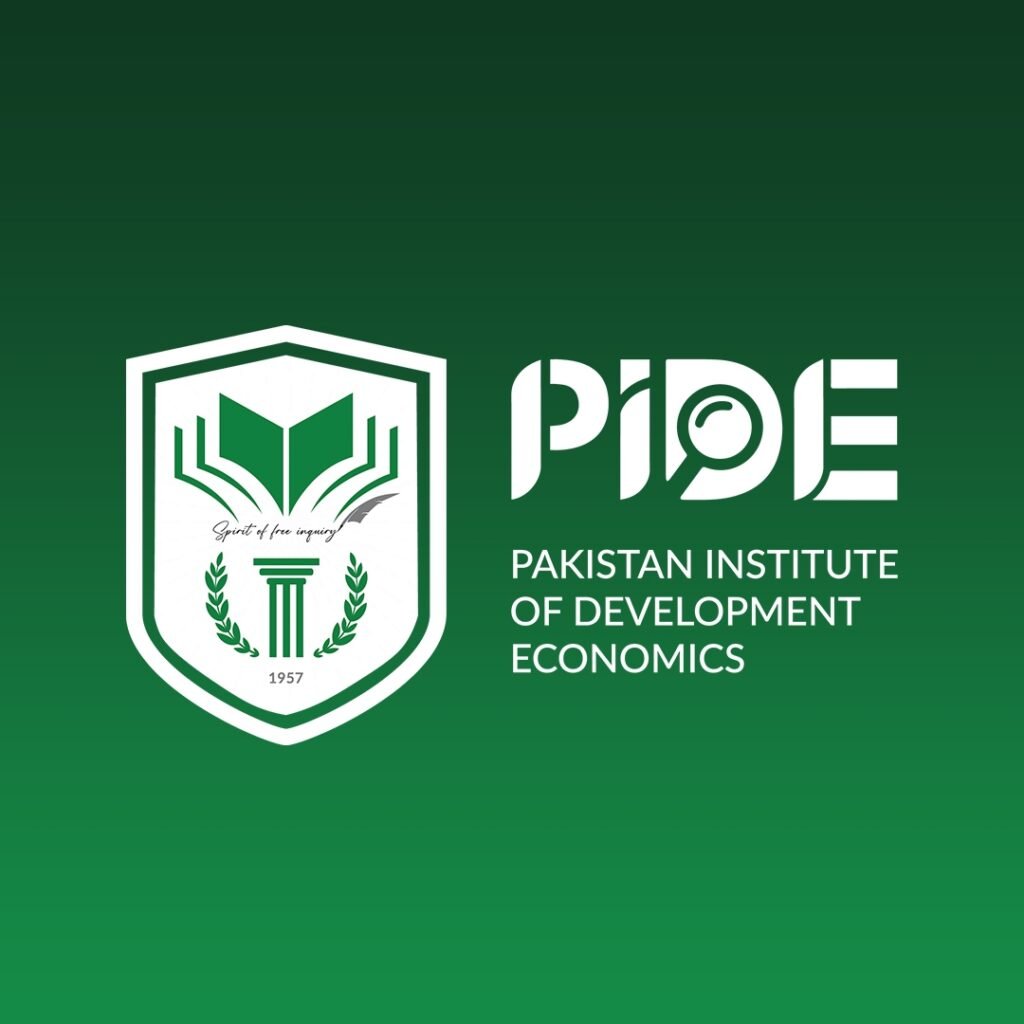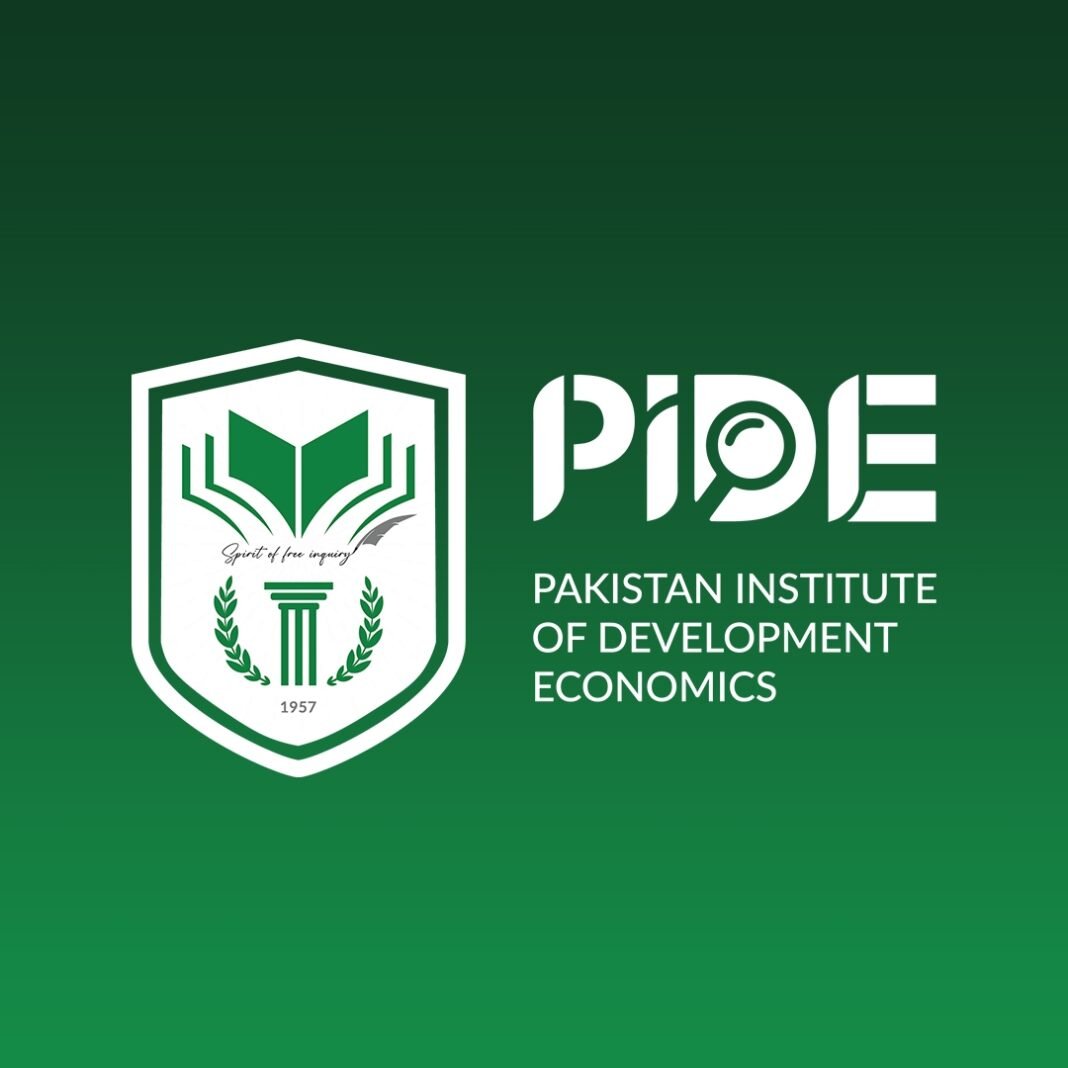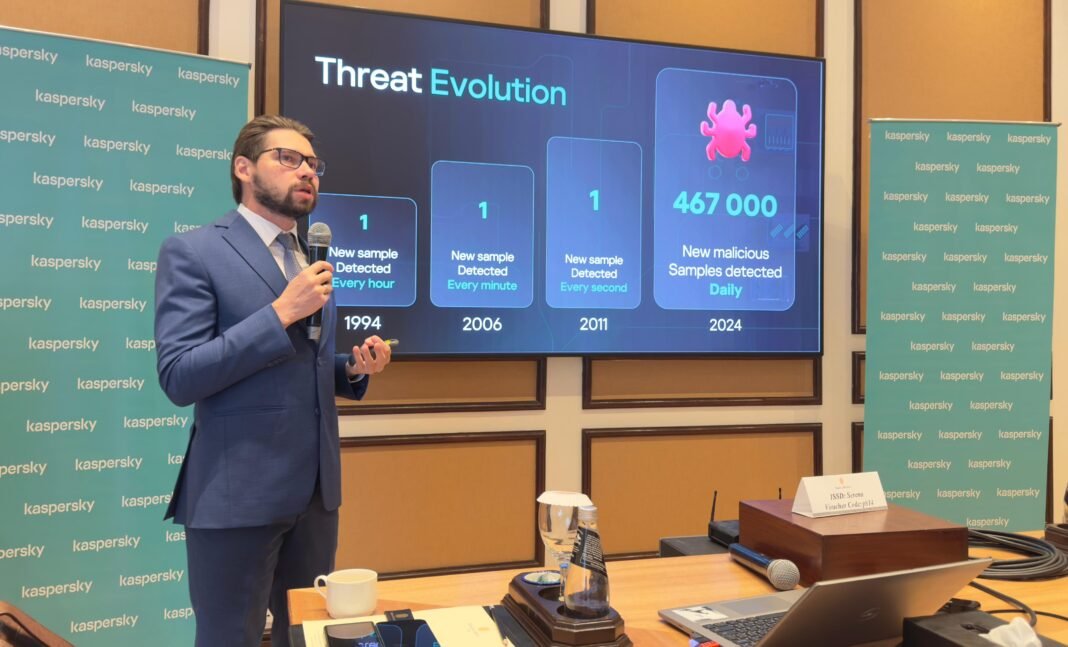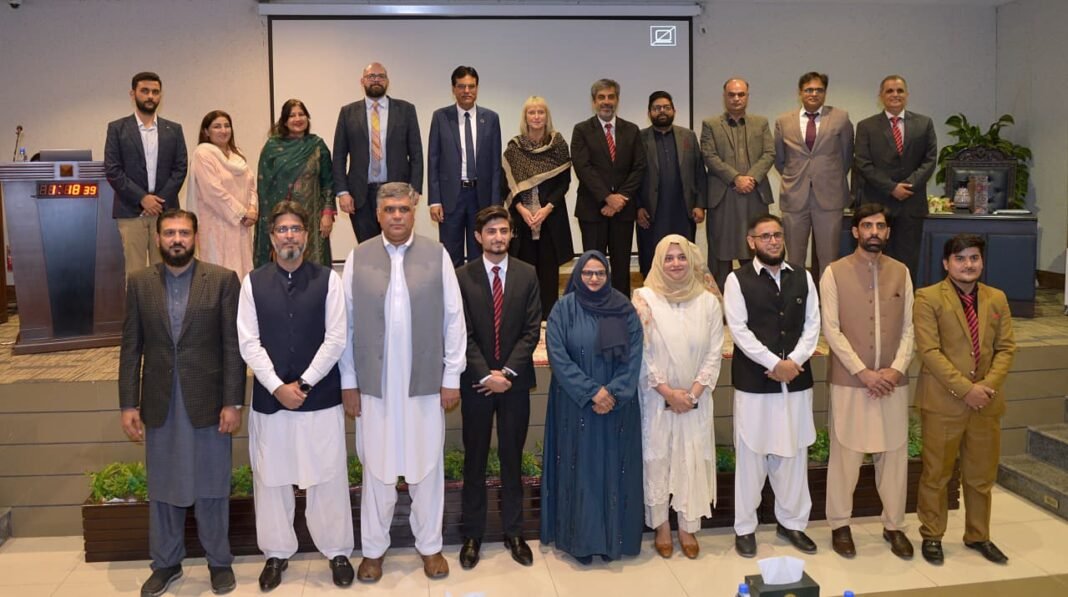
PKR 700 Billion Lost Annually: PIDE Calls for Immediate Tobacco Control Reforms
Lives Lost, Revenue Drained — PIDE Exposes Pakistan’s Tobacco Burden
Islamabad –: Pakistan Institute of Development Economics (PIDE) has issued a powerful call for urgent action through its latest Knowledge Brief, Tobacco in Transition: Global Practices, Regional Insights, and Pakistan’s Policy Imperative, highlighting that Pakistan’s tobacco epidemic continues to worsen due to weak enforcement, fragmented regulation, and outdated fiscal policies. According to the brief, tobacco kills 164,000 Pakistanis every year and inflicts nearly PKR 700 billion in economic losses equivalent to 1 percent of GDP with these losses increasing by 31 percent over the past decade, underscoring the heavy toll weak policy implementation places on public health and the national economy. Pakistan has comprehensive tobacco control laws, including commitments under the WHO Framework Convention on Tobacco Control and the National Tobacco Control Strategy (2022–2030), but enforcement remains inconsistent across provinces, allowing cheaper cigarette brands to remain accessible, smokeless tobacco to flourish unchecked, and illicit trade to capture almost one-third of the national market.
Mehwish Mumtaz, Assistant Chief (Policy) at PIDE and author of the brief, stresses that Pakistan’s challenge is not the absence of laws but the failure to enforce them effectively. She notes that simplifying the excise tax structure, strengthening regulatory coordination, regulating smokeless tobacco, and expanding quitting support could save thousands of lives while restoring fiscal stability. Drawing on international evidence, the brief highlights successes from countries such as Sierra Leone, which passed a comprehensive Tobacco and Nicotine Control Act after an economic investment case justified the reforms; Uzbekistan, which strengthened tobacco regulations consistently for nearly three decades; and the United Kingdom and Sweden, where strictly regulated alternatives and harm-reduction strategies have helped reduce adult smoking rates to historic lows. In South Asia, countries like India, Bangladesh, Sri Lanka, and Nepal face similar implementation gaps despite having strong legislation—mirroring Pakistan’s enforcement challenges and further emphasizing the need for consistent policy execution.
The Knowledge Brief outlines several critical weaknesses: Pakistan’s multi-tier excise system keeps low-cost cigarettes within reach, particularly for the youth; enforcement remains uneven due to weak provincial coordination; smokeless tobacco products such as naswar and gutka remain largely outside regulatory oversight; and cessation support is extremely limited, leaving smokers with minimal access to cost-covered counselling or nicotine replacement therapy. The brief also warns that while alternative products like e-cigarettes are widely debated, any harm-reduction approach must be rooted in science and governed by strict regulation, particularly to prevent youth initiation.
To address these challenges, PIDE recommends replacing the current multi-tiered tax structure with a single, high specific excise tax, a globally recognised tool for reducing consumption and increasing revenue. It also calls for stronger national coordination, full digital integration of track-and-trace systems to curb illicit trade, and the inclusion of smokeless tobacco and novel products under mainstream regulatory and taxation systems. The expansion of nationwide quit-support services—including national helplines, cost-covered cessation therapies, and integrated counselling—forms another essential component of the proposed reforms.
The brief concludes with a compelling warning: Pakistan’s tobacco burden will continue to escalate unless the country shifts decisively from policy intent to policy action. Stronger governance, modernised taxation, coordinated enforcement, and science-based regulation can significantly reduce premature deaths, ease pressure on the health system, and safeguard families from the long-term financial and health consequences of tobacco-related diseases. Every year of delay, the brief stresses, costs Pakistan lives, productivity, and billions in economic losses. It is time to turn policy commitments into concrete, measurable outcomes.
Sohail Majeed is a Special Correspondent at The Diplomatic Insight. He has twelve plus years of experience in journalism & reporting. He covers International Affairs, Diplomacy, UN, Sports, Climate Change, Economy, Technology, and Health.






![logo-1[1]](https://globalnewspakistan.com/wp-content/uploads/2025/01/logo-11-e1737618310315-300x187.png)